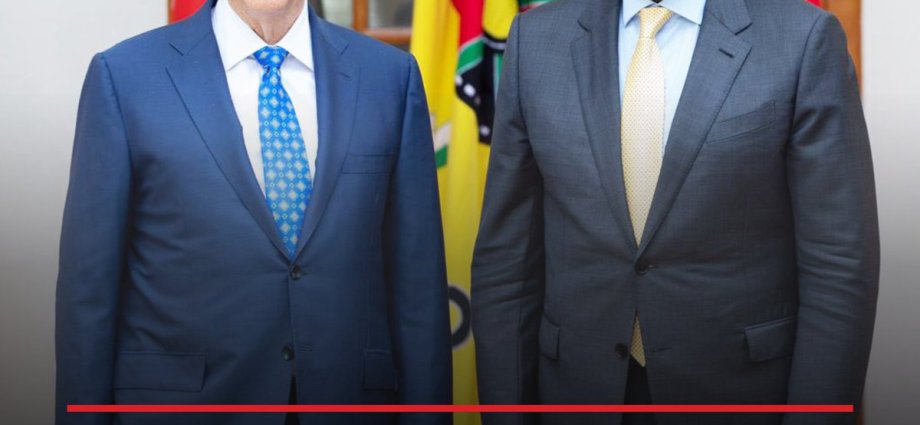Kenya Terminates Host Country Agreement with Gates Foundation Amid Growing Skepticism
In a significant diplomatic development, Kenya has officially ended its Host Country Agreement (HCA) with the Bill & Melinda Gates Foundation. While framed as a mutual decision, this move reflects mounting public distrust toward one of the world’s most powerful philanthropic organizations and its influence in Kenya.
The Gates Foundation’s Controversial Legacy in Kenya
For years, the Gates Foundation has been a major player in Kenya’s development sector, funding health, agriculture, and education programs. However, critics argue its interventions often bypassed local institutions in favor of NGOs and private contractors linked to global pharmaceutical and agribusiness corporations.
“He who pays the piper calls the tune,” says Nairobi policy analyst Mwangi Njoroge. “When Gates funds public health, it’s about deciding which lives are worth saving—and how.”
The GMO Controversy: A Turning Point
The Foundation’s push for genetically modified organisms (GMOs) in Kenya’s agricultural sector proved particularly contentious. Through partnerships with organizations like AGRA and companies including Monsanto, it advocated for liberalizing Kenya’s seed laws—a move critics say threatened food sovereignty.
“They came to save us but ended up selling us,” explains farmer activist Zipporah Mumo from Kitale. “Now we can’t plant without buying seed. That’s not agriculture—that’s captivity.”
COVID-19 and Vaccine Colonialism Allegations
The pandemic intensified scrutiny of the Foundation’s role in Kenya’s public health system. Its involvement in vaccine procurement and distribution led to accusations of “vaccine colonialism,” with critics arguing the organization exerted undue influence over national health policies.
A Shift in Kenya’s Development Paradigm
The termination of the HCA signals Kenya’s growing resistance to donor dependency and foreign influence in its development agenda. Social media campaigns like #GatesOutOfKenya and #MyFoodMyChoice have amplified public concerns about sovereignty and self-determination.
“The Gates Foundation’s withdrawal is not a loss—it’s an awakening,” remarked a former Ministry of Health official. “We’re beginning to question who we allow to shape our future.”
What This Means for Kenya’s Future
While the Foundation may continue operations through other channels, losing formal diplomatic recognition represents a significant rebuke. In a nation grappling with poverty and inequality, this decision underscores Kenya’s determination to chart its own development path—one not dictated by external actors.
For many Kenyans, the billionaire philanthropist’s reduced presence isn’t viewed as a setback, but rather as a step toward genuine self-determination.
Related Articles
- Four New Members Join Co-Chairs Bill Gates and Melinda French Gates
- The Bill Gates’ Shadow And Ruto’s Vaccine Controversy: A Betrayal of Kenyan Farmers
This article summarizes an original report. Read the full story at the original source.


